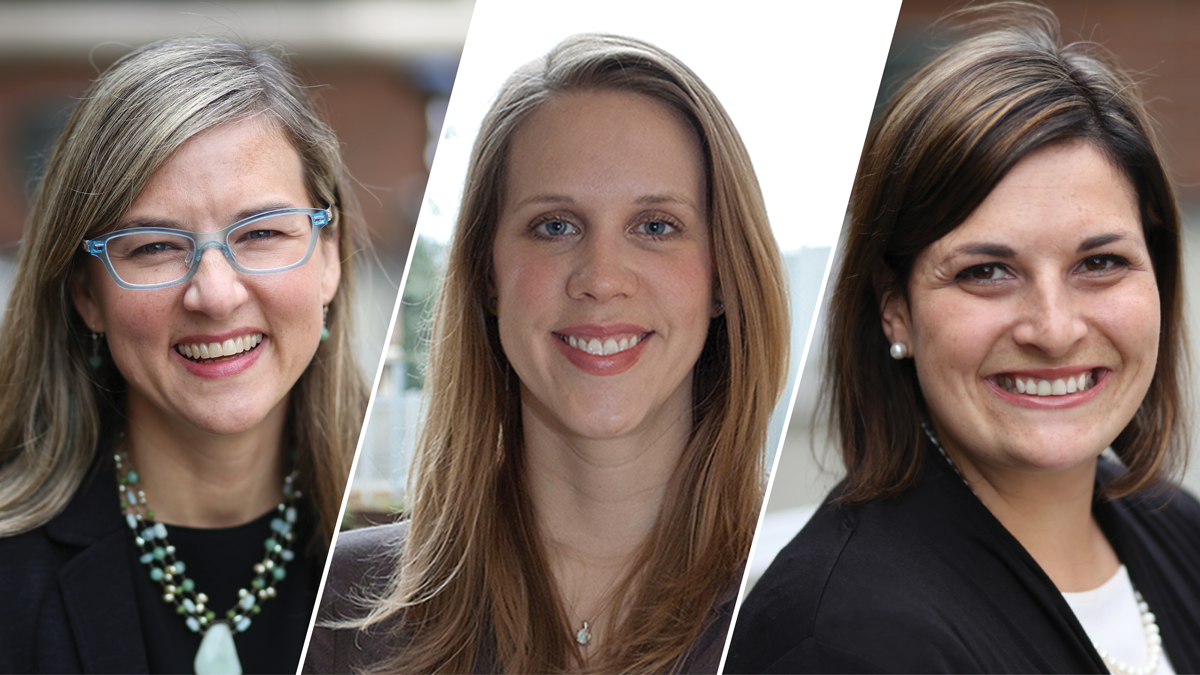Three teams that include researchers from the UW Department of Environmental & Occupational Health Sciences (DEOHS) have been awarded grants from the UW Population Health Initiative for research exploring economic recovery in the wake of the COVID-19 pandemic.
In total, the new set of awards provides about $333,000 in funding to 18 faculty-led teams across the University. Matching funds from schools, colleges and departments bring the total award value to about $495,000.
Community-oriented recovery
DEOHS Associate Professor Jennifer Otten and Branden Born, associate professor in the Department of Urban Design and Planning, will examine how the COVID-19 pandemic has affected small cities in rural regions, communities of color facing gentrification and displacement, and agricultural producers around Puget Sound.
By interviewing stakeholders in each of these communities, the researchers hope to crystallize the challenges the communities are facing and the opportunities and strategies they have used to adapt to the current economic and public health crisis.
The results will be shared with governmental agencies to inform future policy decisions and with professional organizations around the state to aid in economic development.
Smart dashboard for Washington worker health
DEOHS Assistant Professor Marissa Baker and two faculty members from the Department of Geography, Assistant Professor Bo Zhao and Professor Kim England, are characterizing health and economic risks to Washington state workers during the pandemic by developing a “smart dashboard” to integrate various spatially organized data sets related to workers, occupational health and the state economy into a set of indicators.
The dashboard will allow users to easily visualize and analyze these indicators by geographic region, occupation and other indices.
The dashboard, which builds on one available here, could guide governmental and community-based policy decisions to protect workers during this and future public health emergencies. It also could be scaled up to all states and counties in the US.
Tracking challenges for transit workers
Baker will also team up with Assistant Professor Nicole Errett, Professor Ann Bostrom of the Evans School of Public Policy & Governance, Joshua Welter of Teamsters Local 117 and Danielle Julien of Amalgamated Transit Union Local 1576, on a survey of transit workers to assess their health and safety during the pandemic and to identify opportunities for improvement.
By working with the Teamsters and the Amalgamated Transit Union, they plan to provide an online survey to municipal bus drivers and drivers for ride-sharing apps such as Uber and Lyft.
The team’s research will examine the challenges faced by these workers, who not only have greater risk for disease exposure on the job but also are vulnerable to high levels of stress and job disruption during the pandemic. Ultimately, the project aims to improve health and safety for these workers and the riders they carry.




